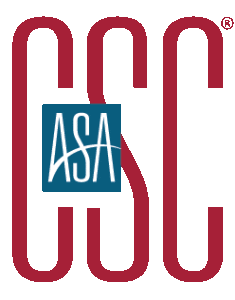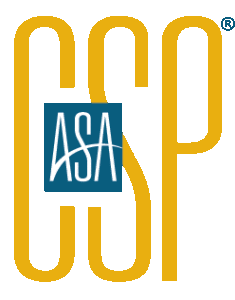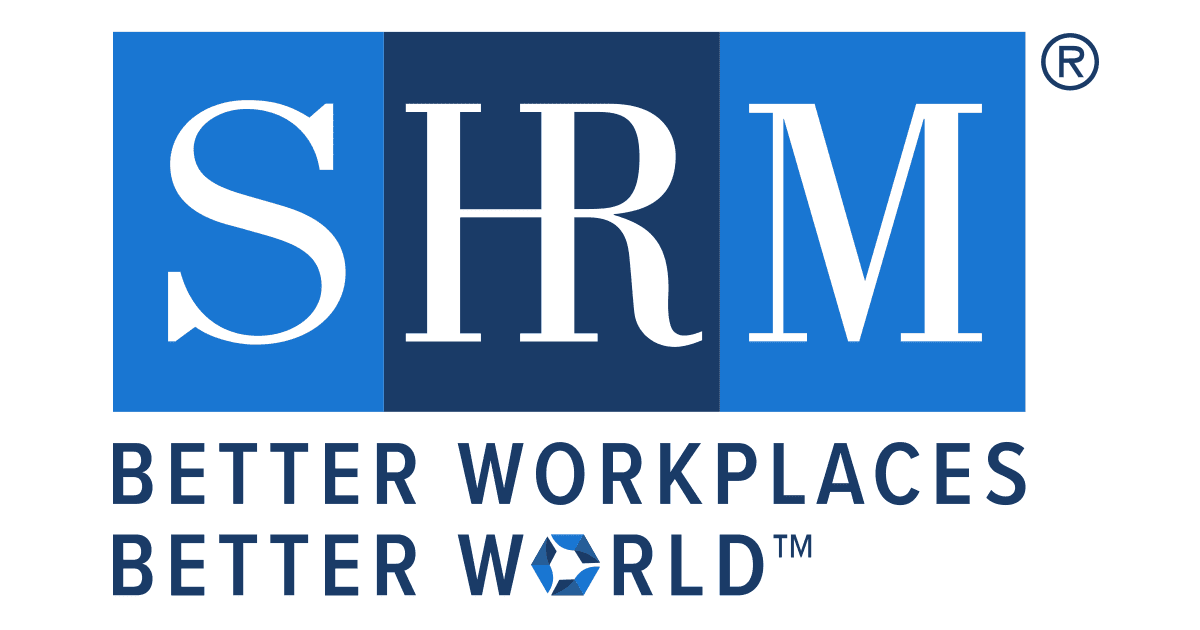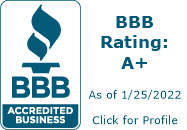Someone told you to fix up your resume. You haven’t looked at it in months. So, you spend hours revising it – you shift items around, fight with your computer for space, and try to keep your eyes from crossing. You proofread it and have someone else look over it. There are no errors. It looks clean. You’re done. Don’t have to do anything with it for another year or two. Right?
Wrong.
A resume is a work in progress. It is a living and breathing textual representation of your experience and capabilities, both of which are constantly evolving. It’s best to come to terms with the fact that you will always be tweaking and adjusting your resume.











